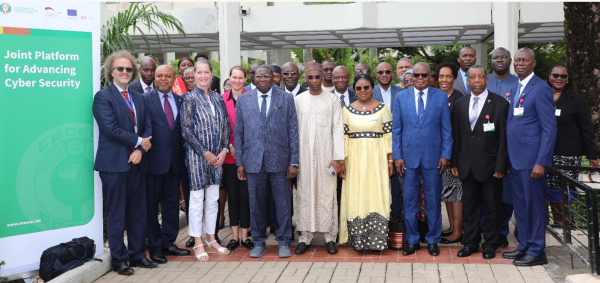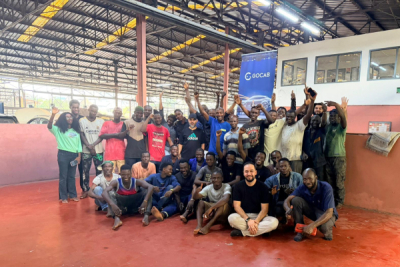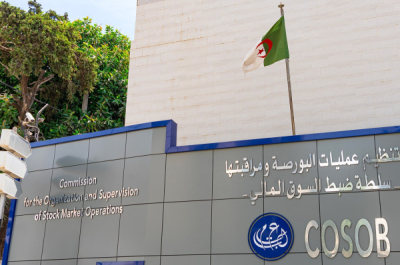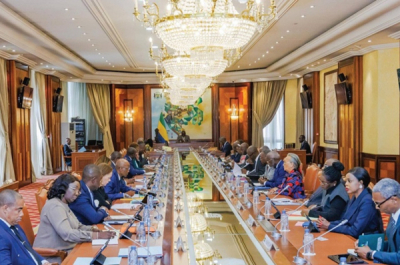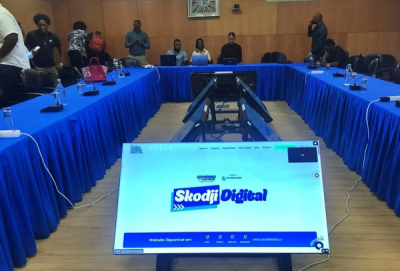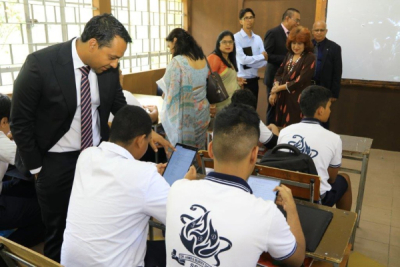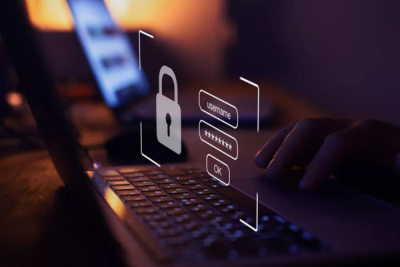With digital infrastructure expanding and cyber threats rising, the region is increasingly asserting leadership in shaping the global rules that govern cyberspace.
The ECOWAS Commission, in partnership with the European Union and the German Federal Foreign Office, held a High-Level Briefing on Cyber Diplomacy on 20 May 2025 in Abuja, Nigeria. The meeting brought together ambassadors, senior diplomats, and technical experts to explore how ECOWAS Member States can coordinate their positions and act with coherence on the international digital stage.
“Cyber diplomacy is no longer optional. It is essential,” said H.E. Sédiko Douka, ECOWAS Commissioner for Infrastructure, Energy and Digitalisation. “It allows us to defend our digital sovereignty, build trust among Member States, and shape the rules that will govern cyberspace — both in Africa and globally.”
The session focused on strengthening regional cyber diplomacy capacity, building political will, and aligning legal and strategic frameworks with global processes. The event also featured expert insights on multilateral processes such as the UN Open-Ended Working Group and the Global Digital Compact.
The message was echoed by European and German partners, who linked cyber diplomacy to democratic integrity, economic stability, and shared development goals. “Our cooperation on cybersecurity is not only about technical capacity — it is about protecting citizens, businesses, and the democratic space,” said Mr. Massimo De Luca, Head of Cooperation at the EU Delegation to Nigeria and ECOWAS.
As cyber threats increasingly intersect with development, security, and governance, ECOWAS is positioning itself as a credible and strategic actor. The briefing reinforced that cyber diplomacy is not the preserve of advanced economies but a vital tool for regions seeking to protect their sovereignty, foster trust, and shape an inclusive digital future. With cyber threats becoming more complex and borderless, the briefing underscored the urgency of regional cooperation and strategic alignment.
Cyber diplomacy involves the use of diplomatic tools and strategies to address issues related to cyberspace, digital technologies, and internet governance at the international level. It involves negotiations between countries and regional or global organizations to set rules and norms for responsible behavior online, promote cybersecurity cooperation, protect critical digital infrastructure, and ensure rights such as data privacy and access to information. For citizens, improved cybersecurity cooperation means stronger protection from cybercrime. With better coordination across West African states, authorities can respond more effectively to threats such as online fraud, identity theft, and data breaches that affect everyday people. This also enhances the safety of digital platforms that citizens rely on for services like mobile money, online education, and digital health care.
Through continued engagement with partners such as the EU and Germany, ECOWAS is advancing its broader mandate to integrate digital governance into regional security and diplomacy efforts, ensuring West Africa’s voice is heard in shaping tomorrow’s digital order.
ECOWAS has been working to strengthen cybersecurity in West Africa. In January 2021, The ECOWAS Parliament adopted a regional strategy for cybersecurity aimed at increasing cyber resilience and helping member states enhance their cybersecurity capacities.
Hikmatu Bilali


